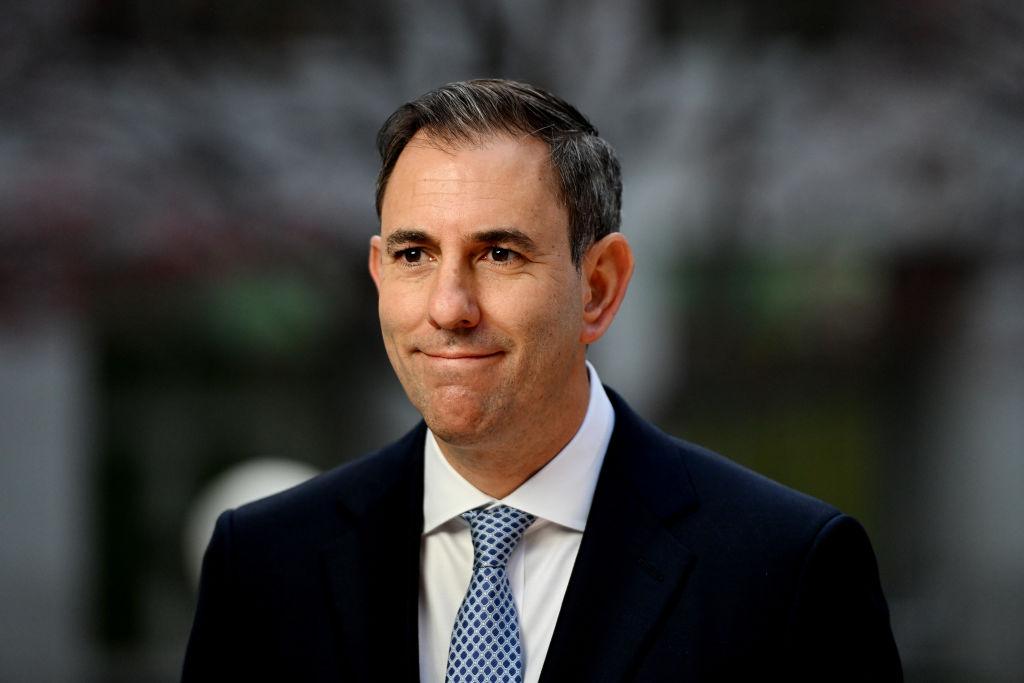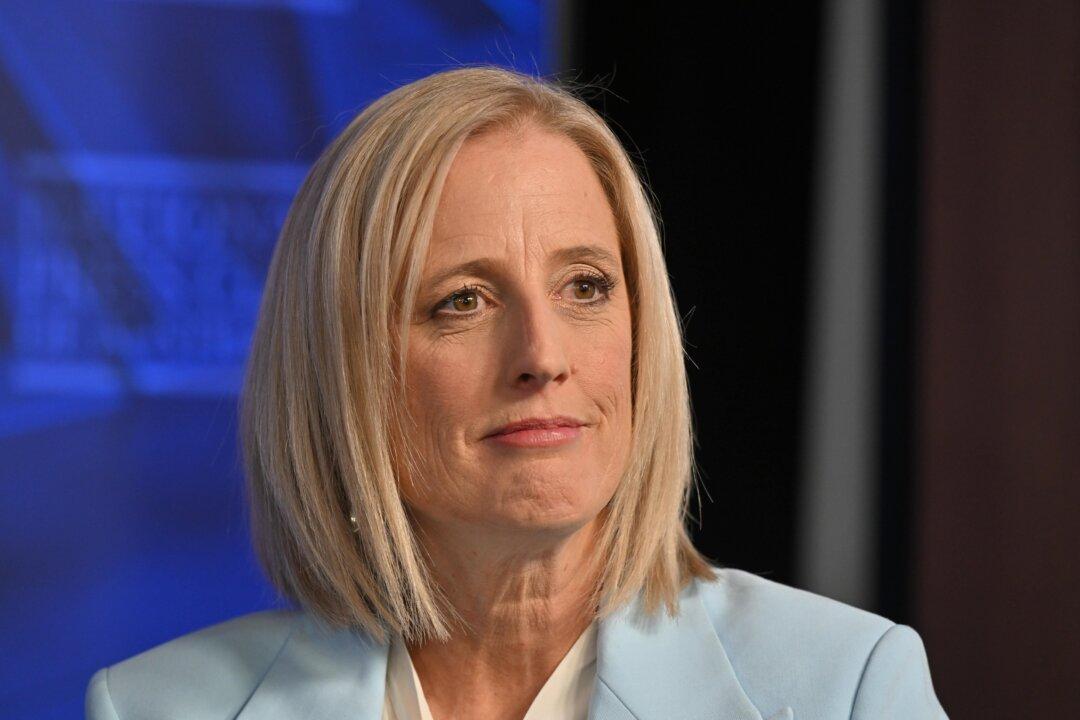Treasurer Jim Chalmers has welcomed the latest inflation data released by the Australian Bureau of Statistics on Oct. 30, revealing a drop in inflation to 2.8 percent, the lowest level recorded in almost four years.
Chalmers stated, “We are making welcome and encouraging progress in the fight against inflation, but we know that Australians are still doing it tough.”





